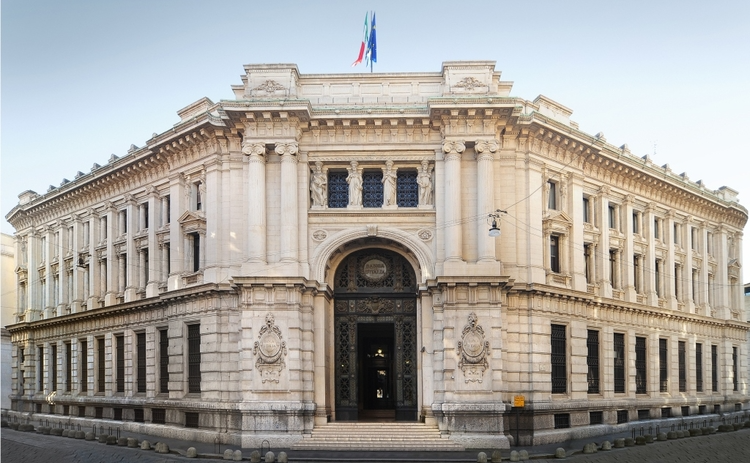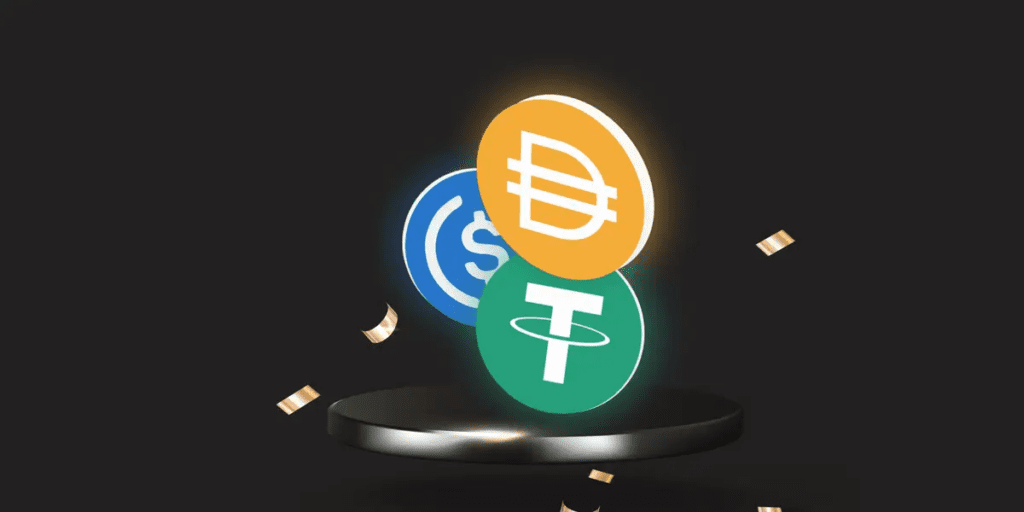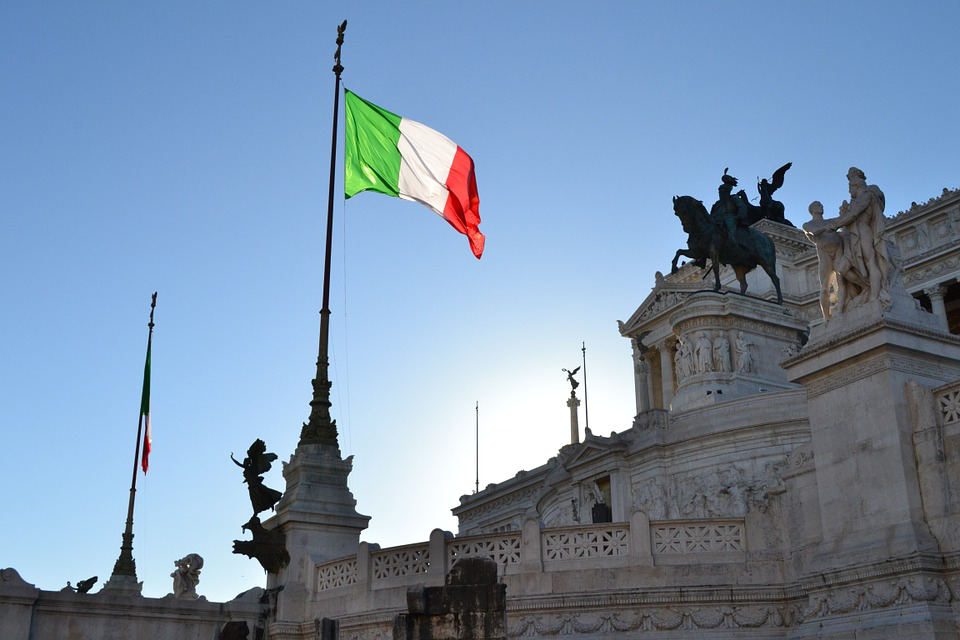Key Points:
- The Bank of Italy has called for a regulatory framework for stablecoins to prevent stablecoin runs and protect consumers.
- Due to their close connection, the report emphasizes the need for coordinated regulatory interventions in stablecoins and DeFi.
- While recognizing the potential of blockchain technology for non-financial use cases, the report highlights the importance of responsible company structures for decentralized protocols operating in the regulated financial sector.
In June, the Bank of Italy released a report on Markets, Infrastructure, and Payment Systems, urging policymakers to create a “robust, risk-based” regulatory framework for stablecoins in order to avoid stablecoin runs.

The report suggests that authorities apply the same financial conduct requirements to stablecoin issuers in the sector. According to the Bank of Italy, the emergence of cryptocurrencies, along with multiple boom and bust cycles in an uncontrolled atmosphere, has caused considerable damage to consumers.
Stablecoin issuers should be prioritized by authorities since they are directly tied to DeFi. Regulatory interventions on stablecoins and DeFi must be effectively coordinated since stablecoin adoption might spark a new wave of DeFi innovation and strengthen the interconnectedness of conventional and decentralized finance.

The industry must also recognize that the majority of decentralized protocols are managed by key stakeholders and that such initiatives should revert to conventional, responsible company structures as a condition for functioning in the regulated financial sector. Blockchain enables non-financial use cases such as decentralized identity, real estate, supply chain, voting, and carbon credits.
Nevertheless, the Bank of Italy highlighted that bringing all crypto assets or activities under financial services regulation is not required, and it urged governments to work together to develop an international regulatory framework.

According to Bank of Italy surveys, just around 2% of Italian households possess cryptocurrencies on average, and the market exposure of Italian intermediaries is also fairly limited. In anticipation of European Union legislation governing crypto, Italian officials have begun creating a supervisory structure.
DISCLAIMER: The information on this website is provided as general market commentary and does not constitute investment advice. We encourage you to do your own research before investing.
Join us to keep track of news: https://linktr.ee/coincu
Harold
Coincu News






















